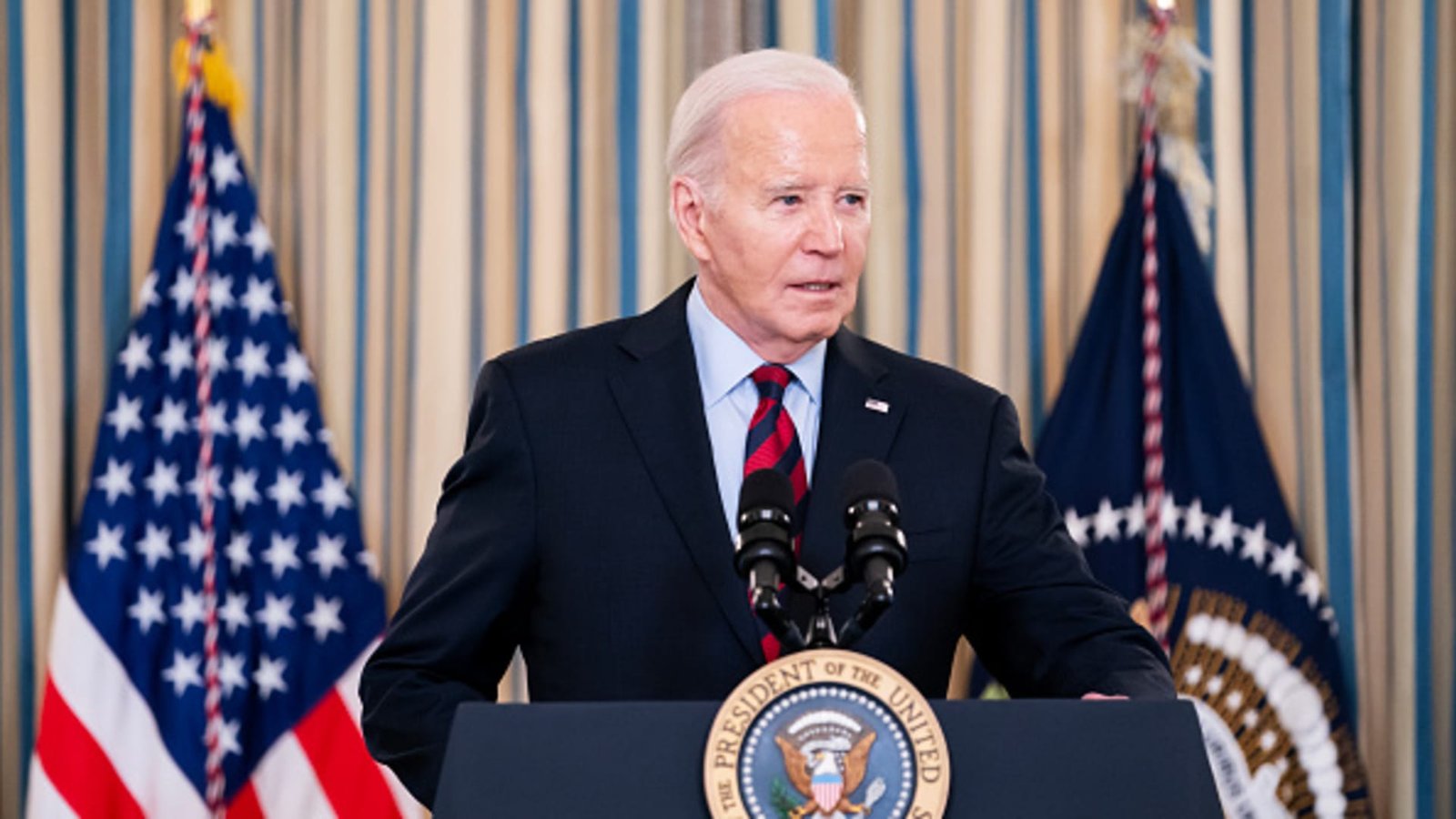The debate over Chinese electric vehicle imports and their impact on the U.S. auto industry has been gaining momentum in recent months. Three Senate Democrats from auto manufacturing states, including Senators Gary Peters and Debbie Stabenow of Michigan, as well as Sherrod Brown of Ohio, recently wrote a letter urging the Biden administration to raise import tariffs on Chinese electric vehicles. The senators argue that allowing heavily subsidized Chinese vehicles into the U.S. market would endanger American automotive manufacturing and put thousands of jobs at risk.
According to the senators, artificially low-priced Chinese electric vehicles flooding the U.S. market could have grave consequences for the survival of the U.S. automotive industry as a whole. This latest push by lawmakers to protect the U.S. auto sector comes as the Biden administration considers hiking tariffs on Chinese electric vehicles in response to growing concerns about national security risks associated with Chinese vehicle imports.
Auto industry officials have also expressed their support for hiking tariffs on Chinese electric vehicles, citing the need to protect American jobs and prevent the Chinese government’s unfair trade practices from undermining the U.S. automotive industry. The letter from the three Senate Democrats represents a growing pressure on the White House to take action to safeguard the U.S. auto industry from the threat posed by Chinese vehicle imports.
In response to these concerns, the Commerce Department recently initiated an investigation into whether Chinese vehicle imports pose national security risks, particularly with regard to “connected” car technology. Commerce Secretary Gina Raimondo emphasized the administration’s commitment to identifying and addressing any risks associated with Chinese vehicle imports, stating that efforts are underway to protect American workers from unfair competition.
President Joe Biden has also voiced his support for measures to prevent China from flooding the U.S. market with its vehicles, citing the potential risks to national security. Despite calls from lawmakers and government officials to hike tariffs on Chinese vehicles, the Chinese embassy in Washington has rejected these proposals, defending China’s automobile exports as reflective of the country’s high-quality development and strong innovation in the manufacturing industry.
In light of the ongoing debate over Chinese electric vehicle imports, bipartisan support has emerged for increased tariffs on Chinese vehicles. Lawmakers on both sides of the aisle have urged U.S. Trade Representative Katherine Tai to take action to address China’s non-market policies and practices in the automotive industry. Tai has indicated that the Biden administration is closely reviewing current tariff levels and considering additional measures to protect the U.S. auto sector from the challenges posed by Chinese vehicle imports.
As the Biden administration continues to evaluate the potential national security risks associated with Chinese vehicle imports, the debate over the future of the U.S. auto industry and the role of Chinese electric vehicles in the market is likely to remain a contentious issue. With lawmakers, industry officials, and government agencies all weighing in on the matter, the outcome of this debate will have far-reaching implications for American workers, consumers, and the automotive industry as a whole.

